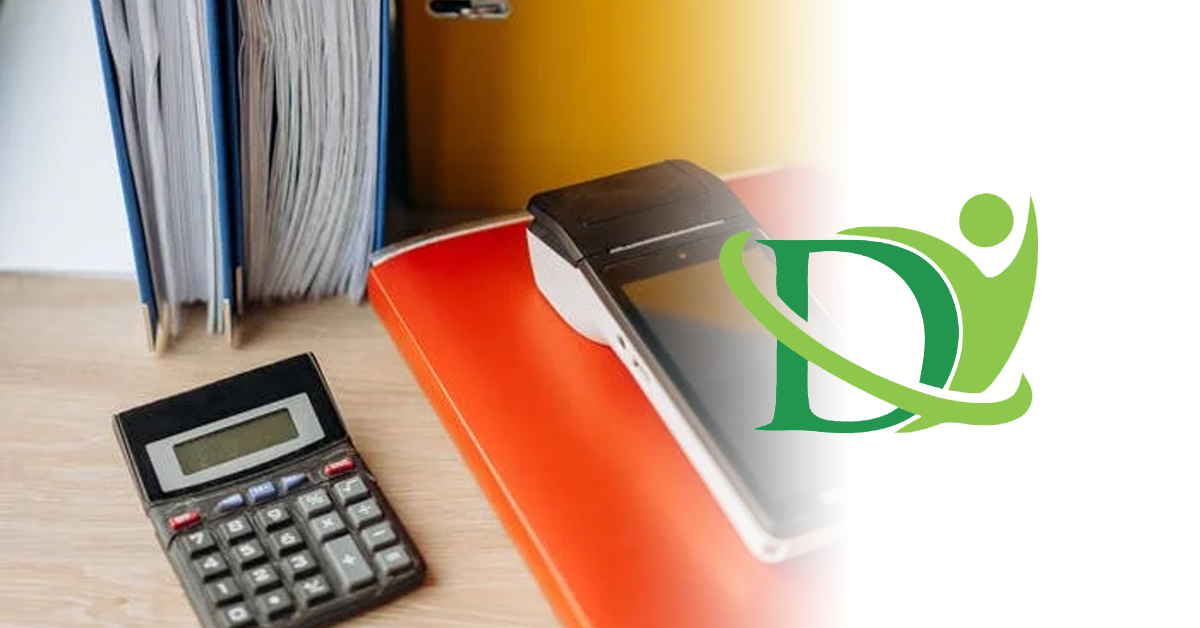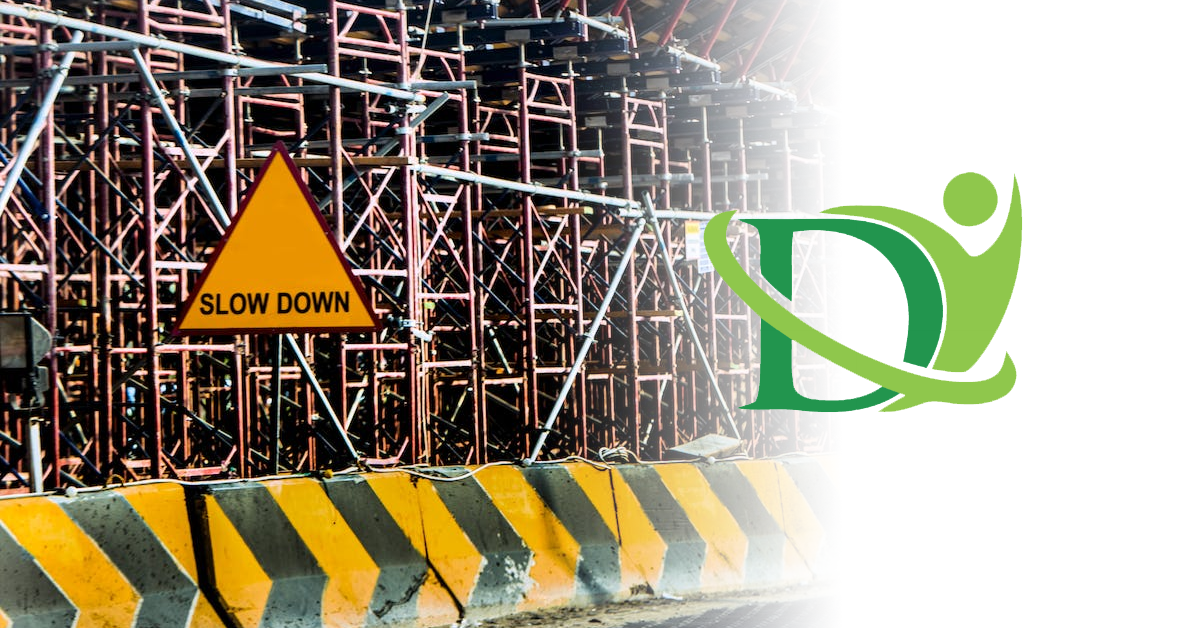Addressing High-Interest Debt with Debt Consolidation Options: Equipping Canadians with Knowledge for Financial Success
November 30, 2023
Ins and Outs of Bankruptcy in Canada – A Guide to Procedures and Alternatives
December 21, 2023Regaining financial stability can prove challenging for individuals grappling with mounting debt. Identifying and leveraging appropriate debt relief options is essential for those seeking to regain control over their finances and achieve a debt-free future. This comprehensive guide aims to provide crucial information on debt relief options available to Canadians, exploring the nuances, benefits, and potential drawbacks of each approach. By doing so, the guide seeks to empower individuals to make informed choices regarding their financial well-being and implement effective debt relief strategies tailored to their unique situation.
The following content will delve into various debt relief options, such as debt consolidation, credit counselling, debt settlement, and bankruptcy alternatives. These solutions are designed to assist individuals in managing debt, mitigating financial strain, and facilitating more manageable repayments. Furthermore, the guide will examine the risks and considerations associated with each approach, helping readers to assess their suitability and develop a strategic plan to address their financial concerns.
This guide will offer insights on practical tools and resources that can assist individuals in managing debt effectively, alongside case studies and expert advice to help navigate the complex world of debt relief. By understanding the full range of options available and being aware of potential pitfalls, individuals can proactively address their debt challenges, reduce financial stress, and work towards achieving lasting financial stability.
Armed with the information and strategies presented in this comprehensive guide, individuals can develop a deeper understanding of debt relief options in Canada, ultimately regaining control over their finances and fostering a sustainable and debt-free financial future.
Debt Consolidation: Streamlining Repayments and Reducing Interest Rates
Debt consolidation involves combining multiple high-interest debts into a single manageable payment, often with a lower interest rate. Various debt consolidation options exist, including the following:
- Debt Consolidation Loan: By obtaining a loan from a financial institution to pay off multiple debts, individuals can benefit from a single, lower interest rate and a simplified repayment structure.
- Home Equity Line of Credit (HELOC): This option leverages the equity in a home to secure a more favourable interest rate than traditional credit cards. However, a HELOC carries risk, as it uses one’s home as collateral.
- Balance Transfer Credit Card: Some credit issuers offer low or zero per cent interest rates on balance transfers, allowing individuals to consolidate high-interest debt onto a single card with a lower rate.
Debt consolidation can be advantageous for those struggling with multiple high-interest debts, streamlining payments and potentially saving on interest charges.
Credit Counselling: Expert Guidance and Personalized Support
Credit counselling involves working with a certified credit counsellor to evaluate one’s financial situation, develop a debt management plan, and negotiate with creditors on behalf of the individual. Key aspects of credit counselling include the following:
- Financial Assessment: A thorough evaluation of an individual’s financial circumstances, including income, expenses, and outstanding debts, to identify areas of concern and develop appropriate solutions.
- Debt Management Plan: A structured repayment plan devised by the credit counsellor, helping individuals manage their debts and prioritize repayments.
- Creditor Negotiation: Skilled negotiation with creditors by the counsellor can potentially lead to reduced interest rates, waived fees, or extended repayment periods.
Credit counselling can provide personalized support and expert guidance for those facing financial hardship, helping them make informed decisions and take control of their debt.
Debt Settlement: Negotiating a Reduced Debt Amount
Debt settlement involves negotiating with creditors to accept a lump-sum payment lower than the total outstanding debt, consequently forgiving the remaining balance. Key components of debt settlement include the following:
- Settlement Proposal: Crafting a proposal outlining the individual’s financial situation and offering a reduced lump-sum payment, often accompanied by a rationale for the proposed reduction.
- Creditor Negotiation: Skillful negotiation with creditors to gain their acceptance of the settlement proposal and reduced payment amount.
- Lump-Sum Payment: Upon agreement, the individual makes the reduced lump-sum payment, and the remaining debt is forgiven.
Debt settlement can be a viable option for those experiencing significant financial difficulties, offering the potential for substantial debt reduction. However, it may also negatively impact one’s credit rating and future borrowing abilities.
Bankruptcy Alternatives: Exploring Consumer Proposals and Other Options
Bankruptcy is a legal process that can offer debt relief but often carries significant consequences for an individual’s credit rating and financial future. Therefore, exploring alternative solutions should be considered, such as the following:
- Consumer Proposal: A legally binding agreement between an individual and their creditors, a consumer proposal is prepared by a Licensed Insolvency Trustee (LIT), allowing for debt repayment under revised terms, eliminating interest and reducing overall debt.
- Debt Repayment Program: A non-legally binding arrangement, often facilitated by a credit counselling agency, that allows individuals to repay outstanding debts under revised terms and interest rates without the need for bankruptcy.
These bankruptcy alternatives can provide effective debt relief while mitigating the negative effects of bankruptcy on an individual’s credit score and financial reputation.
Conclusion
Regaining financial stability requires a thorough understanding of the available debt relief options and a strategic approach tailored to an individual’s unique financial challenges. By evaluating solutions such as debt consolidation, credit counselling, debt settlement, and bankruptcy alternatives, individuals can make informed decisions and develop effective debt relief strategies that promote lasting financial success.
Armed with the knowledge and insights presented in this comprehensive article, those facing debt-related challenges can navigate the complex world of debt relief options in Canada with confidence, ultimately regaining control over their finances and fostering a sustainable, debt-free financial future.
For those seeking debt relief, DebtHelpers.ca offers consulting services and debt solutions that are designed to assist in achieving the goal of becoming debt-free. The team of experts at Debt Helpers can work closely with individuals to develop a customized plan that will aid in getting them out of debt and set them on the path to financial freedom. Call today to learn more about how Debt Helpers can help in starting a debt-free life.

